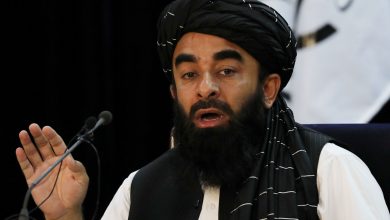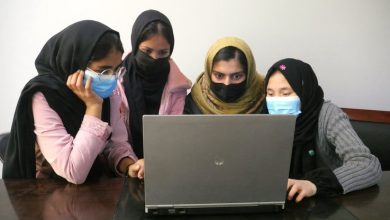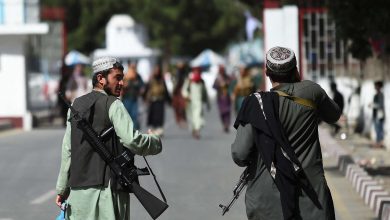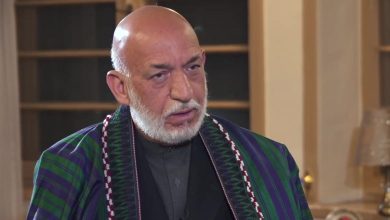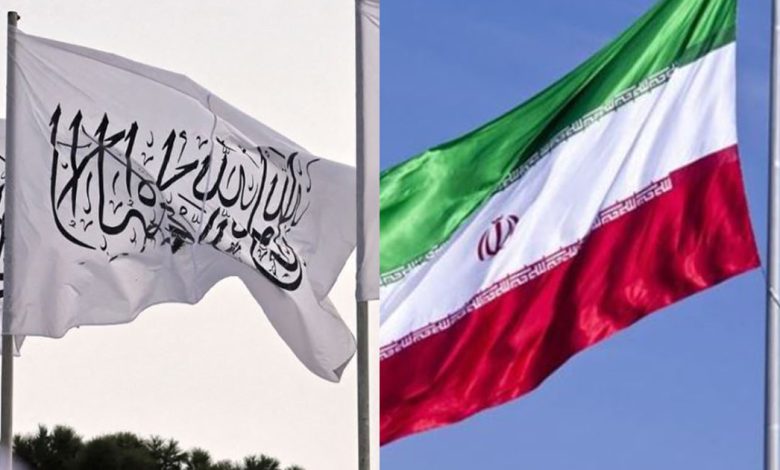
Iran Criticizes Taliban for the Persistence of a Mono-Ethnic System in Afghanistan; Taliban: There Is No Discrimination
Bayan News – Hassan Kazemi Qomi, the Ambassador of the Islamic Republic in Kabul, stated that the Taliban government must end its mono-ethnic, mono-linguistic, and mono-gender system.
Qomi made these remarks in an exclusive interview with IRNA News Agency. The interview was published yesterday (September 30).
In this interview, Qomi added that Tehran has been sincerely advising the Taliban in Kabul and Kandahar for the past three years that a mono-ethnic, mono-linguistic, mono-gender, and mono-religious system is not responsive to the needs of a people with linguistic, ethnic, and religious diversity.
The Iranian official emphasized that discrimination against ethnic, linguistic, and religious minorities must therefore come to an end.
The Iranian ambassador added: “In this regard, we are pleased that responsible officials have considered some of our sincere advice, which could help resolve the current situation and lack of recognition. The Taliban leadership’s decree in recent months to punish and condemn those groups deliberately eliminating the Persian language is an appropriate step, and we hope it will be implemented effectively, with the government removing any barriers to its enforcement.”
According to Qomi, all individuals without proven criminal offenses deserve the opportunity to participate inclusively in social, political, economic, and cultural activities for the prosperity of their land.
Part of the interview also addressed the presence of terrorist groups, with the Iranian ambassador stating that, in his diplomatic contacts, he has found that there are several perspectives within the Taliban regarding these groups.
Kazemi Qomi added: “There are also researchers who believe that the interim government’s challenges are influenced by internal conflicts within the Taliban, and they cite the leaders’ frequent calls to end internal disputes as evidence for their hypothesis.”
The Iranian ambassador said: “From my perspective, regardless of these three viewpoints, what is most evident is the impact of this ongoing uncertain situation on both the internal stability of the interim government and the collective approach of the international community toward the future of Afghanistan and its people. Improving Afghanistan’s image and removing this label requires bold, pragmatic steps. One cannot take a stance against ISIS while remaining silent on other groups that challenge the security of Afghanistan’s neighboring countries.”
In another part of the interview, Kazemi Qomi also referred to the presence of Afghan migrants in Iran, noting that nearly six million Afghan migrants currently reside in the country.
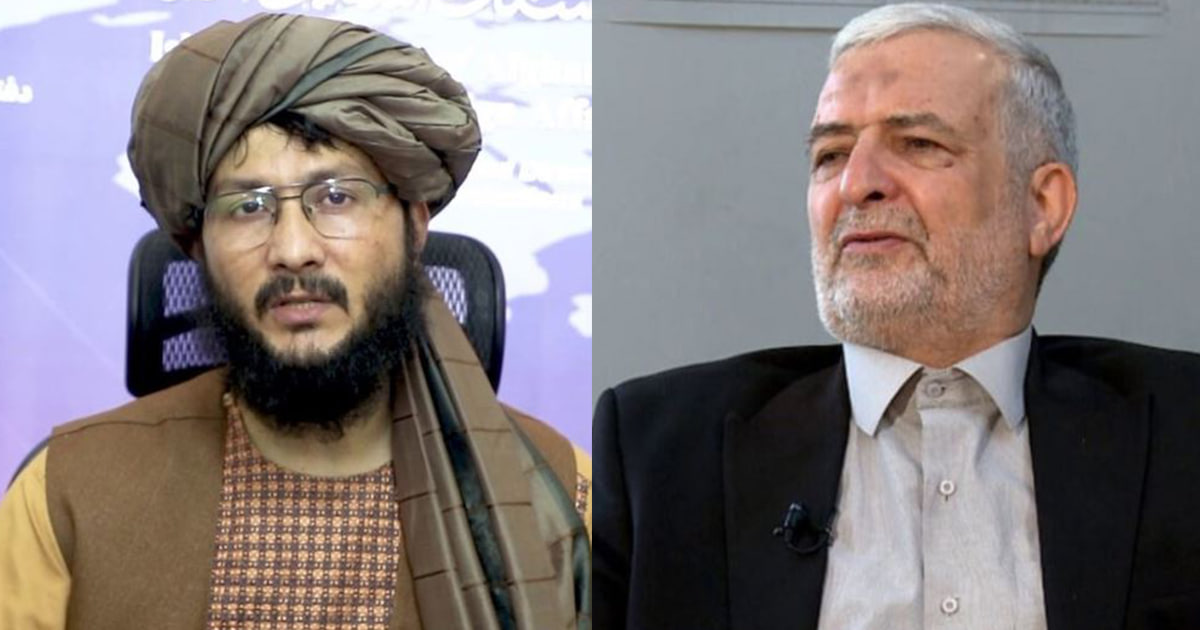
Taliban Response
Meanwhile, the Taliban’s Ministry of Foreign Affairs responded to the Iranian ambassador’s remarks.
Hafiz Zia Ahmad, deputy spokesman for the Taliban’s Ministry of Foreign Affairs, reacted on Tuesday (October 1) to the statements of Iran’s special representative, saying that the group considers all Afghan citizens as its “subjects” and no one is allowed to discriminate against them.
In an audio message broadcast through Afghanistan’s national radio and television, he stated that the group has control over the entire territory of Afghanistan and will not allow anyone to use Afghan soil to threaten other countries.
The Taliban have previously denied the presence of terrorist groups in Afghanistan or their use of Afghan territory to target other nations.
Taliban and Islamic Republic of Iran Representatives Discuss Border Protection




